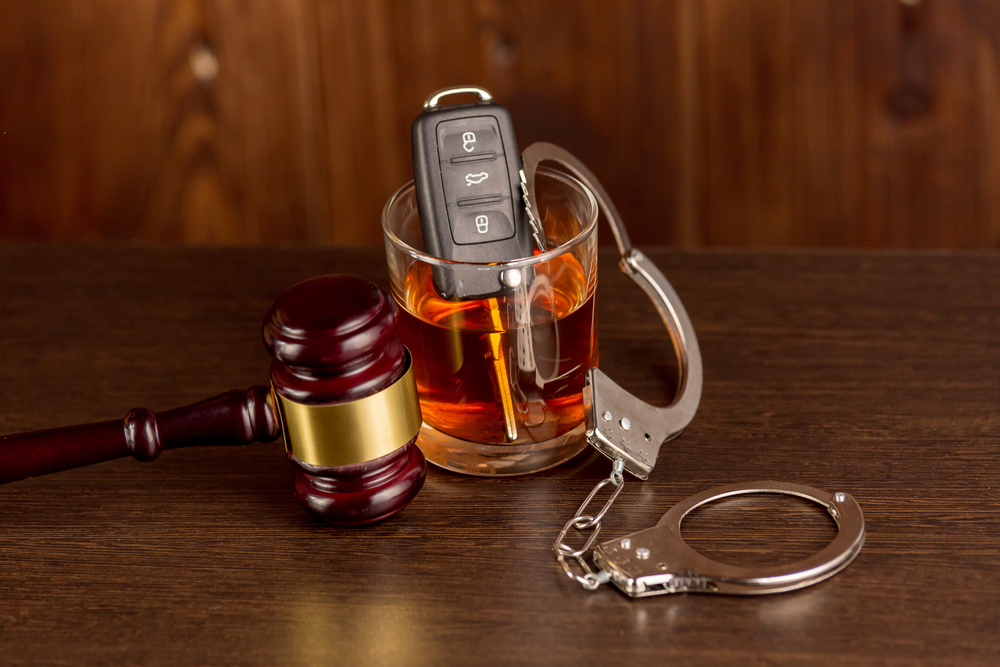Understanding the DUI Legal Process in Texas
When facing DUI charges in Texas, it is crucial to understand the legal process that follows an arrest. This process typically begins with the arrest, followed by arraignment, where charges are formally presented. Knowing the steps involved can help defendants prepare for what lies ahead and make informed decisions about their case.
The legal process includes various stages such as pre-trial motions, plea negotiations, and potentially a trial. Each stage has specific timelines and requirements, making it essential for individuals to work closely with their attorney. For instance, pre-trial motions may address issues like evidence admissibility, which can significantly impact the case outcome.
Common Defenses Against DUI Charges
There are several defenses that individuals can use when charged with a DUI in Texas. Common defenses include challenging the legality of the traffic stop, questioning the accuracy of field sobriety tests, or arguing that the breathalyzer results were flawed. Each defense strategy must be tailored to the specifics of the case to be effective.
For example, if an officer did not have probable cause to pull a driver over, any evidence obtained during the stop may be inadmissible in court. Additionally, expert testimony regarding the reliability of breathalyzer machines can also play a critical role in defending against DUI charges, potentially leading to reduced penalties or case dismissal.
Potential Penalties for DUI Convictions in Texas
The penalties for DUI convictions in Texas can vary significantly based on several factors, including prior offenses and the circumstances surrounding the arrest. First-time offenders may face fines, community service, and mandatory alcohol education programs, while repeat offenders could face harsher penalties, including jail time.
For instance, a first-time DUI conviction might result in a fine of up to $2,000 and a driver's license suspension for up to a year. Conversely, individuals with multiple DUI convictions may face felony charges, resulting in more severe consequences, such as longer jail sentences and increased fines, making it imperative to seek legal advice.
How to Choose the Right DUI Attorney
Selecting the right DUI attorney is a critical step in navigating the complexities of DUI charges. Potential clients should look for attorneys with specific experience in DUI cases, a solid track record of successful defenses, and a deep understanding of Texas DUI laws. Personal referrals and online reviews can also provide valuable insights into an attorney’s reputation.
Moreover, during initial consultations, clients should assess the attorney's communication style and willingness to address their concerns. A good attorney should explain the legal process clearly, outline potential strategies, and provide a realistic assessment of the case. This rapport can significantly influence the outcome of the case, making it essential to choose wisely.










